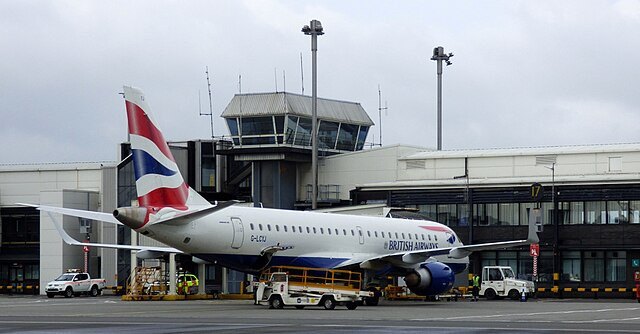The Advertising Standards Authority in the United Kingdom has ordered Booking.com, Hilton, Accor and Travelodge to withdraw a series of hotel room promotions after ruling that their widely circulated "from" price advertisements misled consumers about the availability of the lowest-priced rooms. The watchdog's decision, affecting campaigns across Google's paid search results, highlights growing scrutiny on online travel marketing as regulators push for greater transparency in digital advertising.
The ASA's ruling follows an investigation into ads that ran earlier this year, including Booking.com's May promotion stating, "easyHotel Sheffield City Centre From £28." The regulator found that only seven bookings occurred at that rate, with no detailed evidence demonstrating broader availability across multiple nights. Similar findings emerged across other hotel chains, prompting the regulator to declare that each ad breached UK advertising standards.
Accor's ads, which promoted rooms "from £27" at an Ibis Budget in Birmingham, applied to only one date in July, according to the ASA's review. Travelodge also faced action after the watchdog determined that its "from £25" and "from £21" offers for hotels in Nottingham and Swansea overstated how many rooms were available at those price points.
Hilton received a similar rebuke when regulators concluded it did not provide sufficient evidence that a meaningful number of rooms were sold at advertised introductory rates of "from £68" or "from £59." Under the UK's CAP Code, advertisers must demonstrate that "from" price claims reflect genuine, reasonably widespread availability-not isolated low-rate nights.
The regulator emphasized that consumers reasonably interpret "from" prices as broadly accessible options, rather than rare flash deals. Emily Henwood, operations manager at the ASA, said: "If only a few rooms are actually offered at the price shown, or it only applies to a specific date, then this information must be made clear to avoid misleading people."
Consumer watchdog Which? welcomed the ruling, characterizing the campaigns as "bait-pricing" and "cynical." The findings intensified industry debate around algorithm-driven ads, dynamic pricing tools, and the responsibility of hotel brands to verify the accuracy of automated promotional feeds.
Booking.com responded by asserting that the data supplied to Google was accurate, though it acknowledged that it did not control which dates or prices Google selected for display. Accor said its expired ads raised legitimate concerns and pledged to implement tighter internal safeguards for future promotions.
Travelodge said its prices reflected the "cheapest bookable date available" from its live feed, adding that customers "expect clarity and transparency in pricing" and that it would work with Google to ensure compliance across formats.
Hilton attributed its error to a technical malfunction, but the ASA ruled the ad must not reappear and directed the company to ensure that future "from" price claims correspond to a "significant proportion" of available rooms across a reasonable range of dates.






